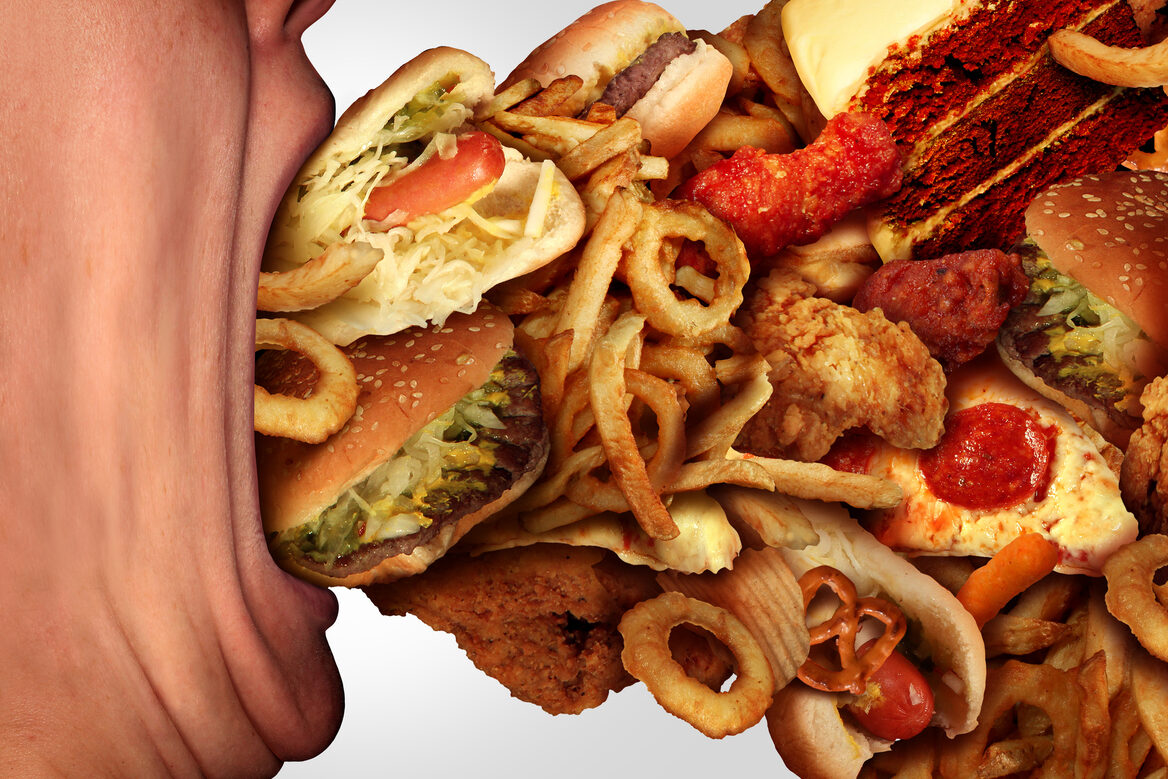
You might not think twice about tossing leftovers or grabbing that plastic-wrapped snack, but our daily kitchen habits have a bigger impact than we realize. From the groceries we choose to how we store and dispose of food, even small actions can leave a lasting environmental footprint. The good news? Every bite is an opportunity to do better. By becoming more mindful of our routines, we can all contribute to eco-conscious eating and reduce the environmental food impact without giving up the foods we love. Here are seven common food habits that harm the planet, along with simple swaps and solutions to create more sustainable food choices at home.
1. Eating Too Much Meat—Especially Beef
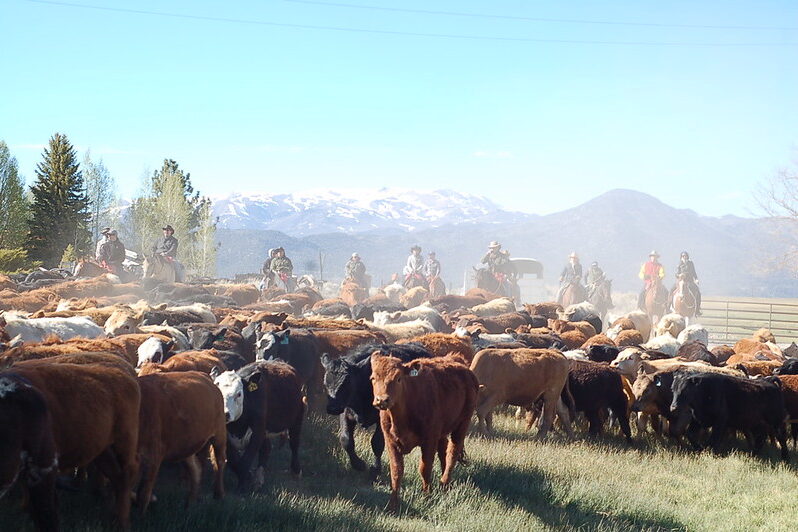
Every time you enjoy a burger or ribs, there’s a hidden cost far beyond your plate. Cattle ranching is a major driver of deforestation, especially in places like the Amazon, where forests are cleared for grazing land. This leads to the destruction of ecosystems, displacement of Indigenous communities, and loss of wildlife. Livestock farming also produces huge amounts of methane, a greenhouse gas far more potent than carbon dioxide.
According to the Stockholm Environment Institute (SEI), cows emit methane during digestion, and with billions raised each year, the environmental impact is massive. The good news is you don’t have to quit meat entirely. Simply cutting back a few days a week or choosing plant-based or sustainably sourced options can significantly reduce your environmental footprint and support more eco-friendly eating habits. Source: SEI
2. Relying Heavily on Dairy
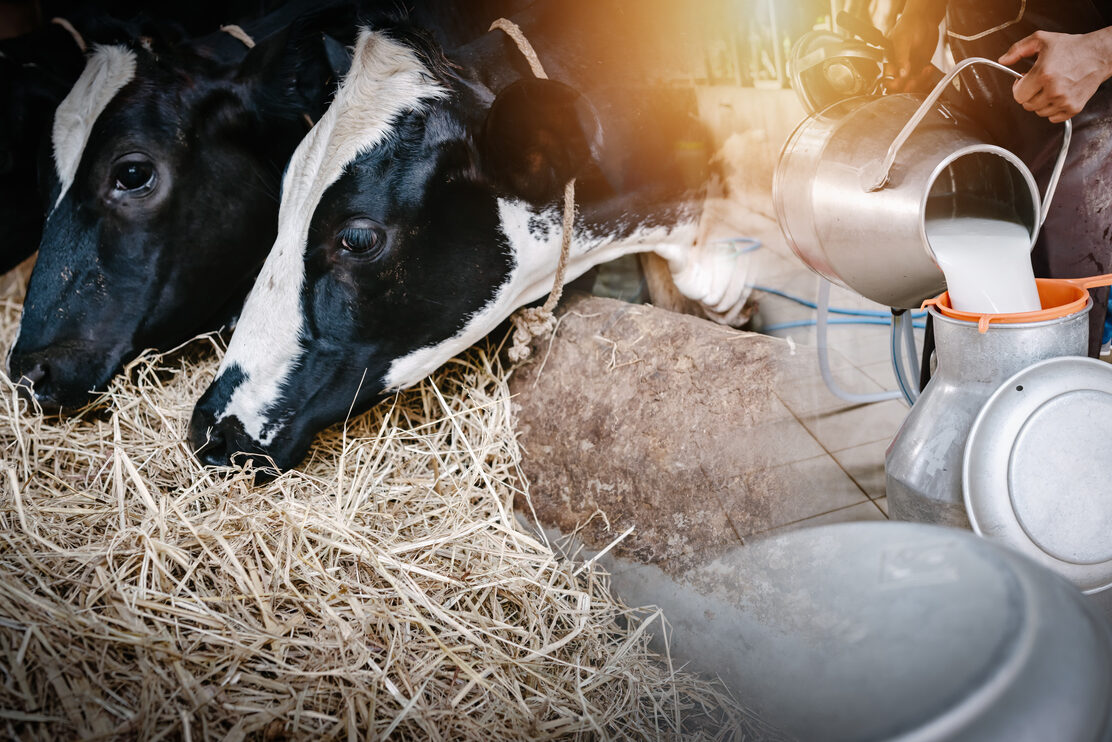
That morning glass of milk or cheesy sandwich might seem harmless, but dairy production has a surprisingly large environmental impact. According to National Geographic, producing just one gallon of milk takes nearly 1,000 gallons of water used for cows, cleaning, and growing their feed. In drought-prone areas like California, this demand can worsen already critical water shortages. Beyond water use, dairy farms contribute to pollution. Manure runoff can contaminate rivers and lakes, triggering harmful algal blooms that disrupt aquatic ecosystems.
For more sustainable choices, consider reducing dairy or switching to plant-based milks like oat, soy, or cashew. While some alternatives (like almond milk) also require water, they generally use fewer resources overall. You don’t have to give up dairy entirely just being more mindful of how often you consume it can make a meaningful difference. Source: National Geographic
3. Throwing Away Food Without Thinking Twice

Tossing out leftovers or expired groceries might seem minor, but food waste is one of the most serious and preventable drivers of climate change. In landfills, food decomposes without oxygen, releasing methane a greenhouse gas over 25 times more potent than carbon dioxide. Globally, if food waste were a country, it would be the third-largest emitter of greenhouse gases, just behind the U.S. and China.
The worst part? Much of this waste is avoidable. Overbuying, poor storage, and ignoring leftovers are major culprits. To reduce your environmental impact, plan meals, freeze extras, and give leftovers a second life. Composting is another powerful tool it diverts waste from landfills and enriches soil. Small shifts in how we value food can lead to big strides in sustainable eating and eco-conscious choices. Source: Food and Agriculture Organization of the United States
4. Drinking Unsustainably Sourced Coffee

That morning cup of coffee might be a daily ritual, but behind the beans lies a hidden environmental cost. Many conventional coffee farms clear forests to create monoculture plantations, destroying habitats for birds, insects, and other wildlife. This deforestation also reduces the planet’s ability to absorb carbon dioxide, contributing to climate change.
Beyond habitat loss, coffee farming often relies on chemical pesticides and fertilizers that pollute nearby water sources, harming both ecosystems and local communities. Fortunately, there’s a better way to sip. Choosing organic, fair-trade, or shade-grown coffee supports farms that protect biodiversity, build healthy soil, and promote fair labor. It’s a small change with a big environmental food impact. Supporting sustainable choices like ethical coffee not only helps preserve forests and wildlife, it also makes your daily brew more meaningful. Source: Coffee
5. Eating Unsustainable Seafood
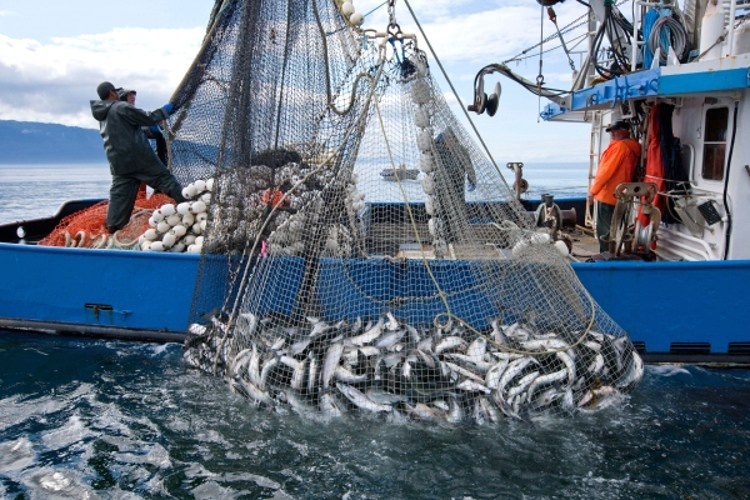
Fish may seem like a healthier, planet-friendly choice compared to red meat, but industrial fishing tells a different story. Overfishing is depleting marine populations faster than they can recover, disrupting ocean ecosystems. Harmful methods like bottom trawling and massive nets damage coral reefs and trap unintended species, sea turtles, dolphins, and sharks often die as bycatch before release.
Adding to the problem, much of the plastic pollution in our oceans comes from discarded fishing gear. So what’s the eco-conscious solution? Choose seafood certified by labels like the Marine Stewardship Council (MSC), buy from local or traceable sources, or try plant-based seafood alternatives. Even reducing seafood consumption once a week can make a real difference. Supporting sustainable food choices helps protect ocean biodiversity and lessens your environmental food impact one plate at a time.
6. Consuming Products with Unsustainable Palm Oil
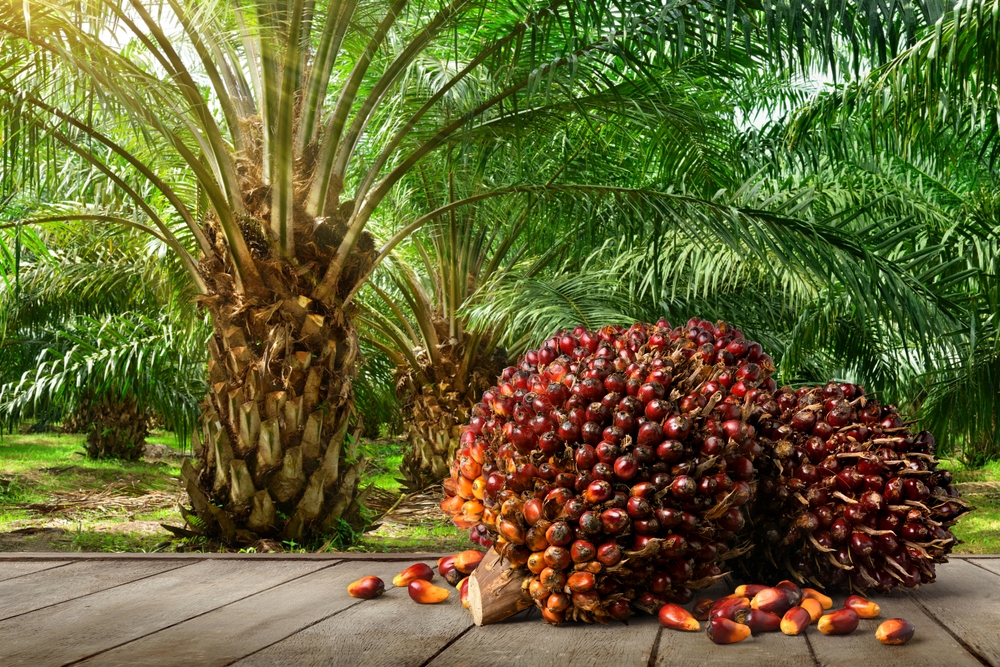
Palm oil is everywhere! Found in snacks, instant noodles, margarine, peanut butter, and even some dairy products. But its widespread use comes with a serious environmental cost. Palm oil production is a major driver of deforestation, especially in Indonesia and Malaysia, where rainforests are cleared at alarming rates for plantations. This destroys habitats and threatens endangered species like orangutans, tigers, and elephants.
To make things worse, palm oil often hides on labels under vague terms like “vegetable oil” or “stearic acid,” making it hard to spot. The good news is you don’t have to eliminate it entirely just choose wisely. Look for RSPO-certified sustainable palm oil or opt for homemade and minimally processed foods. Small, mindful food choices can help protect forests, preserve wildlife, and support a more eco-conscious lifestyle.
7. Relying on Highly Processed Foods
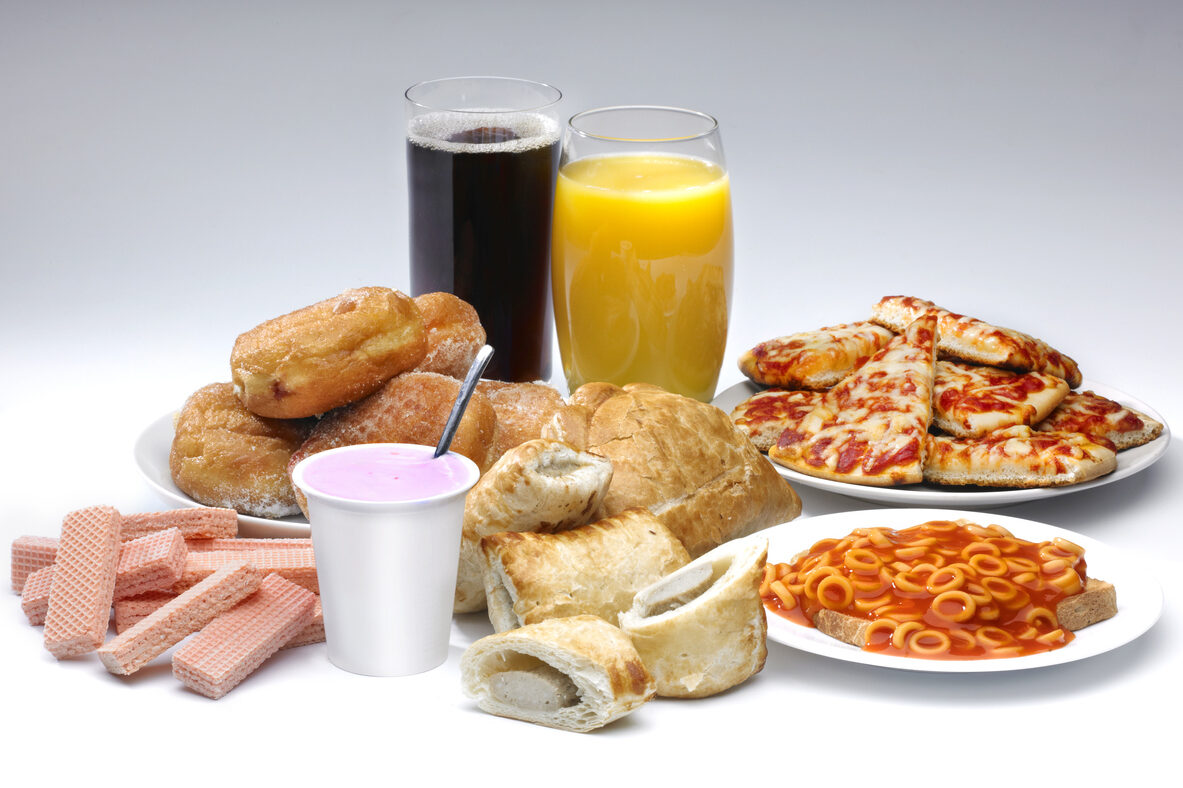
Grabbing a bag of chips or heating up a frozen pizza is quick and convenient but it comes with a hidden cost. Processed foods require large amounts of energy, water, and raw materials. They often rely on soy, corn, and wheat grown through industrial farming, which depletes soil and depends heavily on fertilizers and pesticides. Packaging plastic wraps, trays, and boxes frequently end up in landfills or oceans, harming wildlife and polluting ecosystems.
Many processed foods are also shipped long distances, increasing their carbon footprint. The good news? You can lower your environmental food impact with a few simple changes. Shop for whole foods at local farmers’ markets, buy in bulk to reduce packaging, and cook at home when you can. These sustainable food choices support your health while promoting a more eco-conscious lifestyle.
The story 7 Everyday Food Habits That Are Harming the Earth was first published on DailyFetch.


